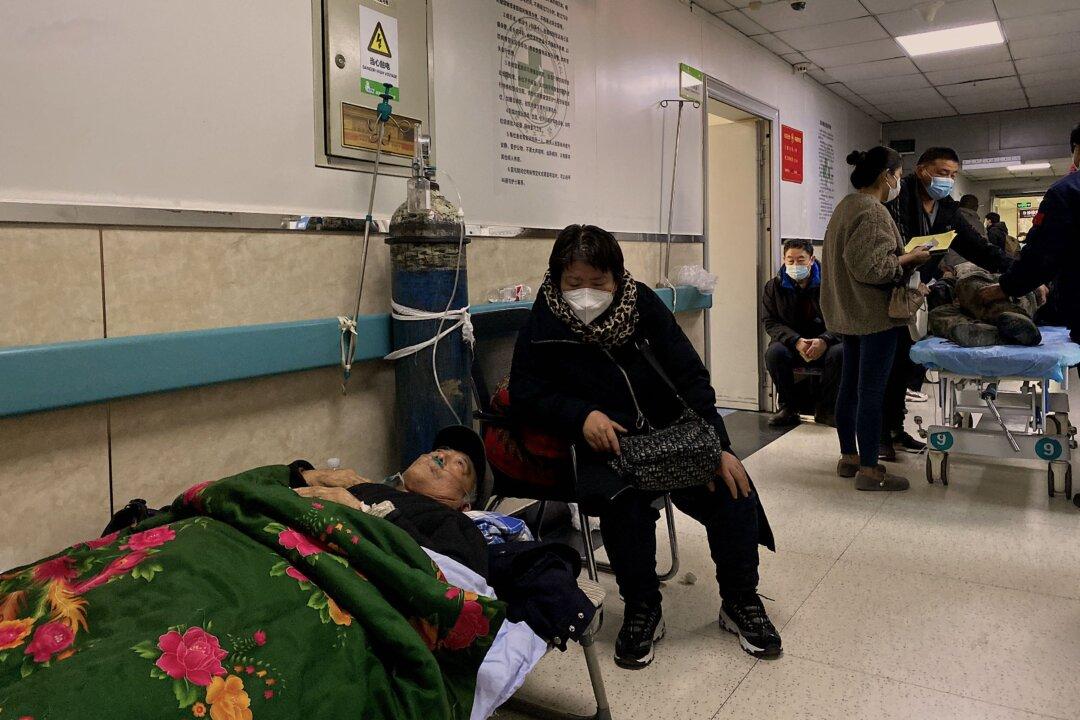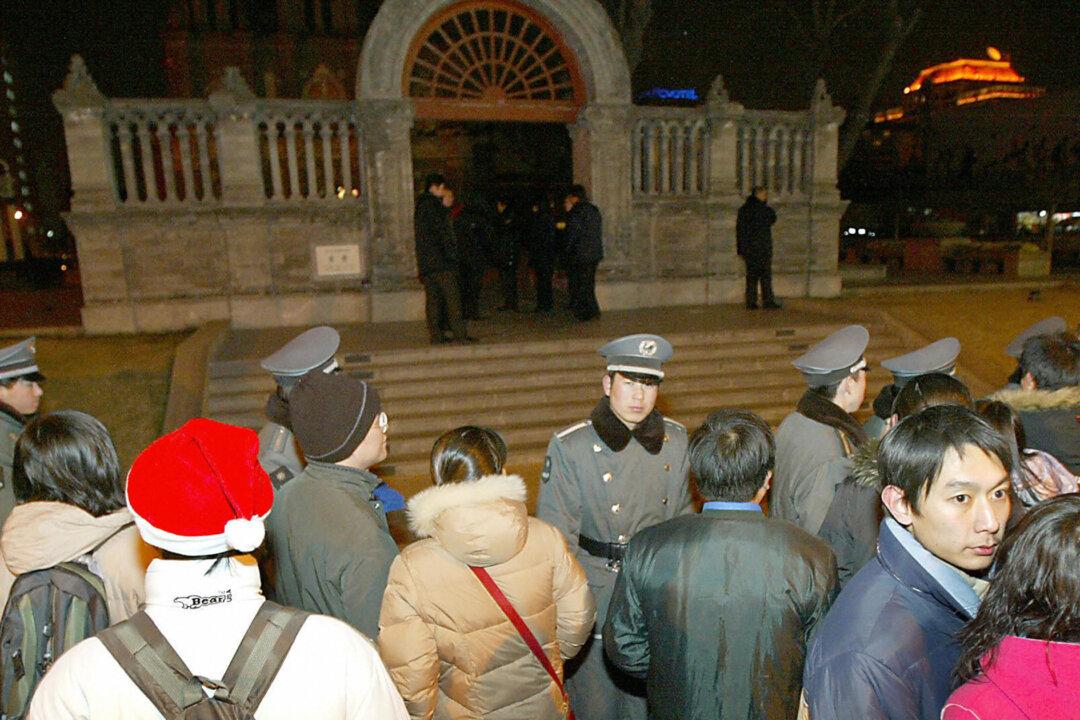The Chinese Communist Party (CCP) has warned of cyberattacks conducted by “Western anti-China forces,” according to a leaked internal document.
The document (pdf), titled “Cybersecurity Risks, Challenges, and Countermeasures,” was issued by a municipal agency of Tieling city in the northeastern province of Liaoning. The document was dated June 19, 2020, weeks before CCP’s founding anniversary.




